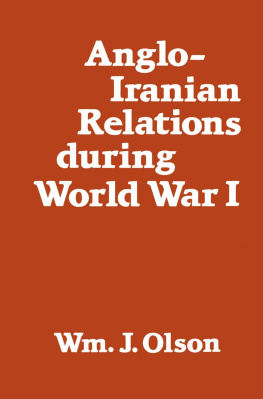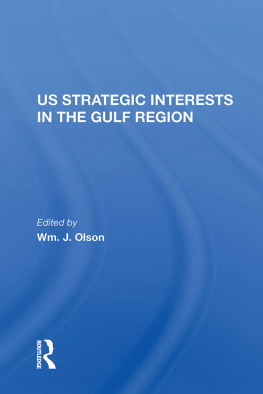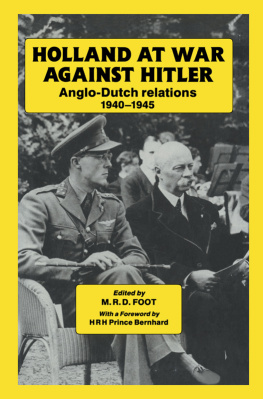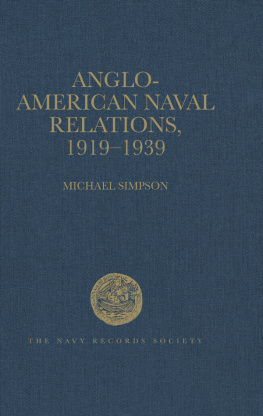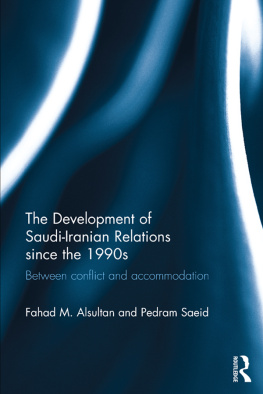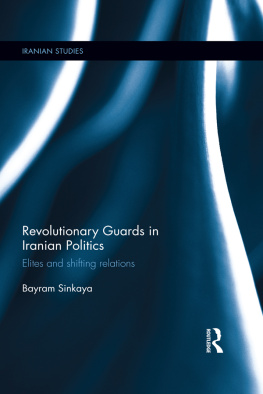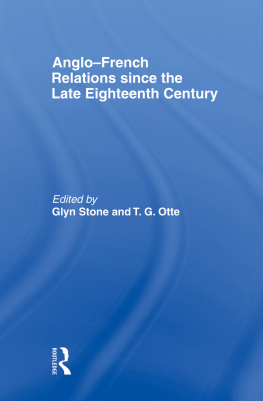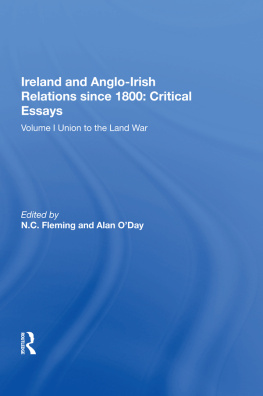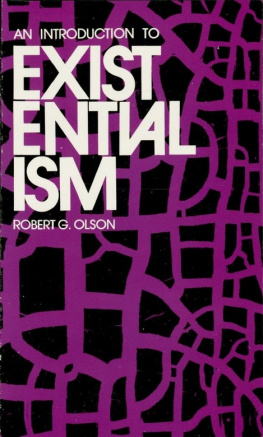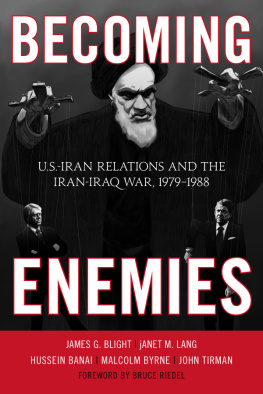First published 1984 by
FRANK CASS & CO. LTD.
Published 2013 by Routledge
2 Park Square, Milton Park, Abingdon, Oxon OX14 4RN
711 Third Avenue, New York, NY, 10017, USA
Routledge is an imprint of the Taylor & Francis Group, an informa business
Copyright 1984 Wm J. Olson
British Library Cataloguing in Publication Data
Olson, Wm. J.
Anglo-Iranian relations during World War I.
1. World War, 19141918 Diplomatic history 2. Great Britain Foreign relations Iran 3. Great Britain Foreign relations 19101936 4. Iran Foreign relations Great Britain
I. Title
327.41055 DA47.9.17
ISBN 13: 978-0-714-63178-3 (hbk)
All rights reserved. No part of this publication may be reproduced in any form or by any means, electronic, mechanical, photocopying, recording or otherwise, without the prior permission of the publisher.
The problem of transliterating Persian words and names into English remains a subject of contention. I have used the system recommended by the International Journal of Middle Eastern Studies; however, I have dropped the various diacritical marks to reduce printing costs. In addition, place-names have been given the spellings most common in atlases and dictionaries.
you know as well as we do that right, as the world goes, is only in question between equals in power, while the strong do what they can and the weak suffer what they must.
Thucydides, the Athenians to the Melians
If nineteenth-century Persia had been a strong state, security-minded officials in India would have worried. But Persia was weak and that, too, concerned British officials because it invited the interference of stronger powers. Persian weakness, therefore, became a liability for Britain, largely because the British were unable or unwilling to take adequate measures to compensate for it.
It was an anomalous situation for a nation to be in its weakness being a threat to the security of another state.
For a weak state such as Persia, caught in the crossfire of Great Power rivalry without the ability to enforce respect for its integrity, international relations became a part of the domestic political scene, with the Powers able to make or break cabinets, to redirect the economy to suit themselves, and to interfere directly in a variety of internal affairs. As such the ministers of Britain and Russia, the two principal powers, were more than accredited representatives in Persia; they were virtually members of the cabinet with powers of veto. This situation meant that the ministers of the two Powers became involved in the machinations of various political factions and thus entangled their nations interests in petty internal squabbles. Given the personal nature of politics in Iran, this type of meddling often meant that the prestige or interests of the Powers depended upon the fate of a single individual or small group; and given the insecurity in Persian domestic politics, aggravated by Great Power rivalry, the security of interests based on the tenure of personalities was correspondingly precarious a situation that in turn invited further meddling.
Paradoxically, Britain did not want to become involved in Persian affairs; its interests would have been better served if Persia had been as devoid of people as the maps strategists studied when contemplating goals and national security. Indeed, a case could be made that one element in Britains imperial expansion in similar situations was the result of an effort to reduce the number of independent variables in local areas so that key questions of security could be settled among the principals without constant reference to distinctive local circumstances. But for a variety of reasons, Persia could not be ignored or absorbed and so officials in London and India perforce had to concern themselves with local realities, something they were never comfortable with; and despite this necessity they continued to look on Persia more as an object rather than the subject of attention. Thus, a certain unreality dogged Anglo-Iranian relations. That unreality is the subject of this study.

To pick up a book on Iran now is a timely thing to do, even a book about a period over 60 years ago, partly because the actions of statesmen and ordinary people two generations distant had an impact on the way things are now, and partly because both author and reader must impart to their respective roles some sense of their own time. In all accounts of the past there is some of the present, and a temptation to read significance or moral both backward and forward. The original research for this work was done for a thesis in 1974 when Mohammad Reza Shah was still on his throne and Iran was an island of stability in the Middle East. Much has changed: the Shah is a memory and Iran is a confused and confusing proposition which makes this authors task somewhat easier to find empathetic attention when he speaks of confusion and turmoil in Iranian affairs that disturbed the interests of the Great Powers at a distant time. But one must not confound the present with the past or assume too much by way of a present bias; and caution must be used in transposing the lessons of history into contemporary situations. Such an approach impoverishes both the deed and understanding. But it is impossible not to see certain parallels, which, if not identical to present circumstances, invite comparison and have something to teach, even if that something is nothing more than circumspection in the pursuit of international relations. It is a wonder that anyone reposes faith in the diplomatic process when one sees how seldom results match intentions, but at least it is a process that keeps us talking.

Today Iran is driven by domestic confusion and caught between the competing interests of the Super Powers. The country faces an uncertain future. So it was during the period covered by this book a time when a young, impressionable religious student named Rouhallah Khomayni watched as his country suffered invasion and humiliation at the hands of foreign powers. The bitter lessons of these and subsequent years did much to shape the present Iranian distrust of alien forces.
The war years also graphically illustrate the problems that await the pursuit of great power interests in regional affairs. The quotation at the beginning of this preface succinctly puts the faith as held by those with power; but as the Greeks learned, power is not always a guarantee of outcome, and the use of power quite often involves the user in unanticipated and unwanted circumstances. Today, as seventy years ago, the super powers are bent on pursuing their own interests in the Middle East and look to client states for support. But the so-called clients, then and now, have interests of their own quite distinct from their patrons, interests that cannot be controlled by the patrons, and the pursuit of which is not always in the interest of the patron. The results can be very embarrassing. It is doubtful whether awareness that foolish mistakes have been made in the past will prevent similar mistakes from being repeated, but perhaps that consciousness will encourage people not to look at events in the Middle East with such a bipolar perspective. It should also remind us that the very efforts of the Super Powers to ensure their respective interests can be detrimental to those interests, creating further problems and destabilizing an area not known for its stability.




